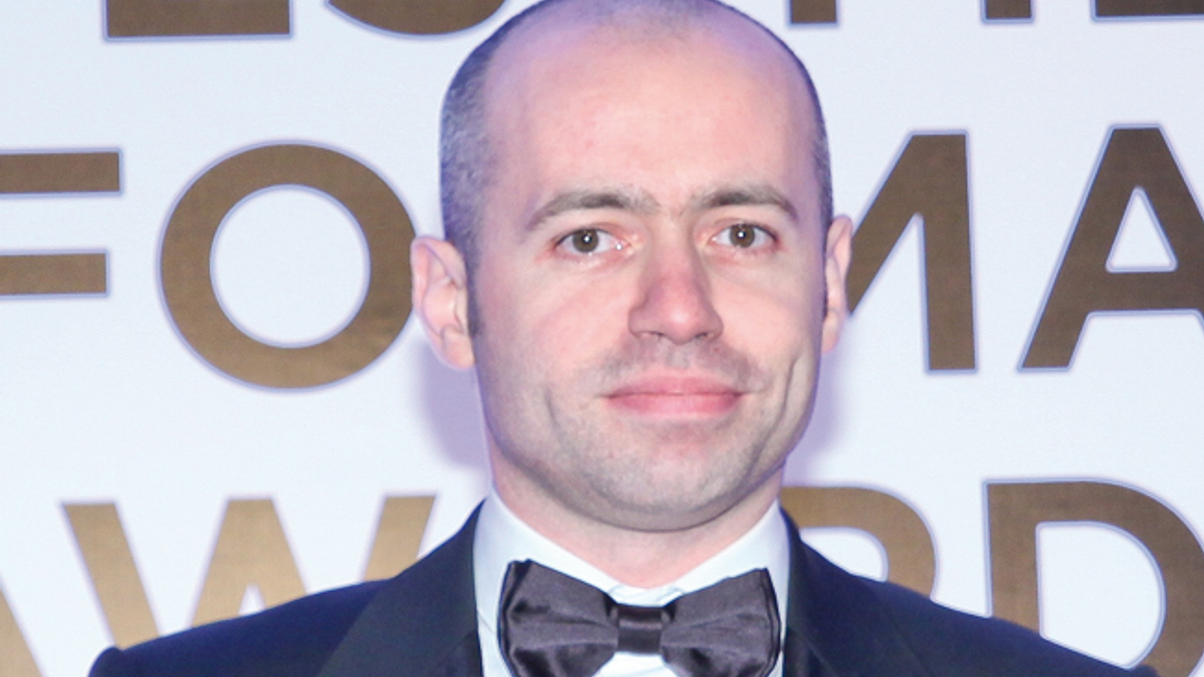Deutsche defends synthetic ETFs in latest product launch
The bank unveils four new ETFs, including the first to be linked to Pakistan and Bangladesh. It sees demand for frontiers, and stresses that its ETFs are fully collateralised.

Deutsche Bank has launched four new exchange-traded funds (ETFs) on the Singapore Stock Exchange, including the first to be linked to Pakistan and Bangladesh.
Sign in to read on!
Registered users get 2 free articles in 30 days.
Subscribers have full unlimited access to AsianInvestor
Not signed up? New users get 2 free articles per month, plus a 7-day unlimited free trial.
¬ Haymarket Media Limited. All rights reserved.


